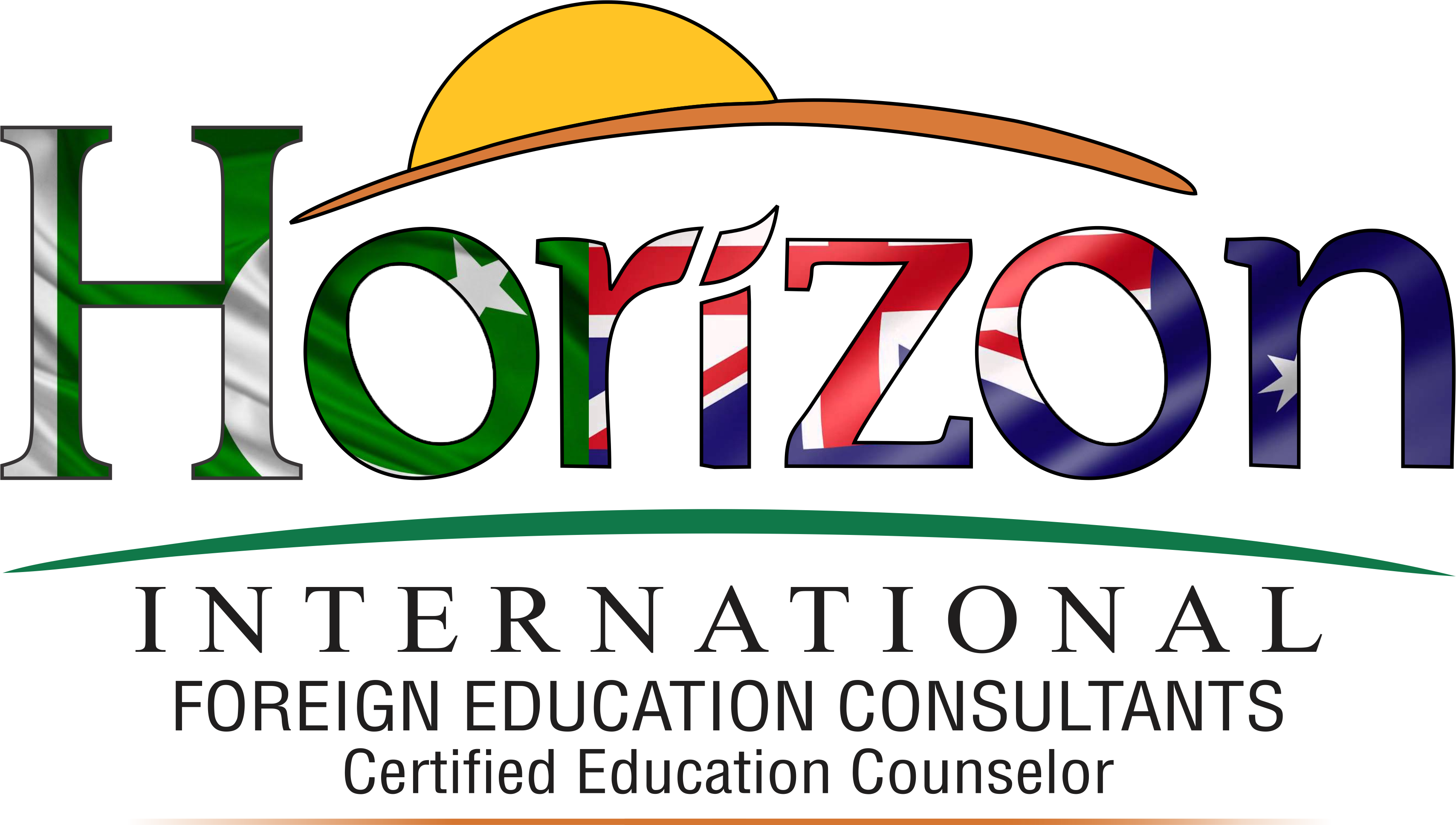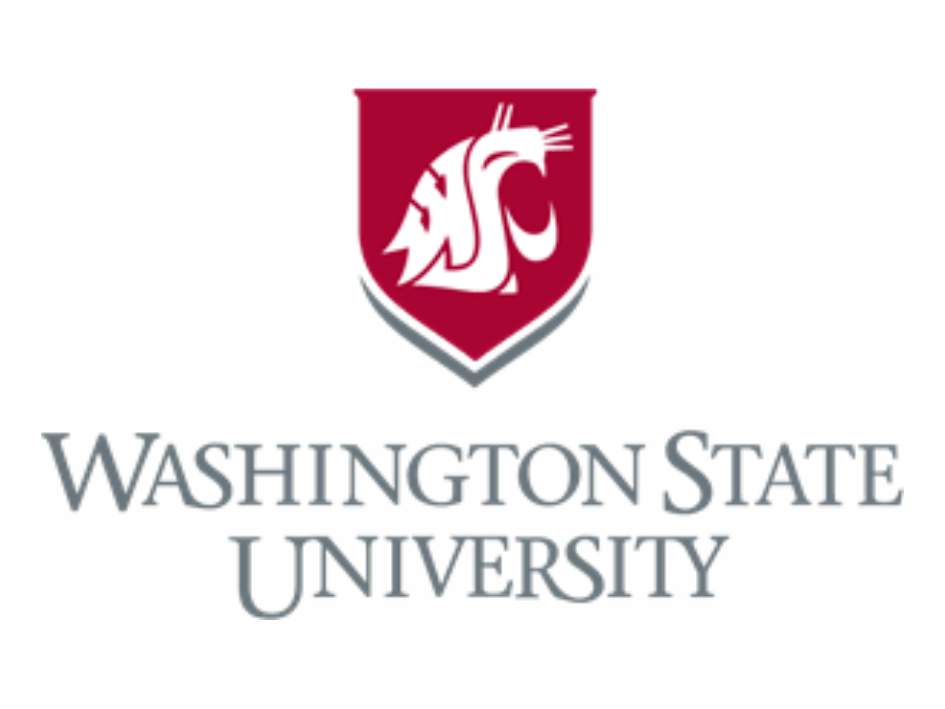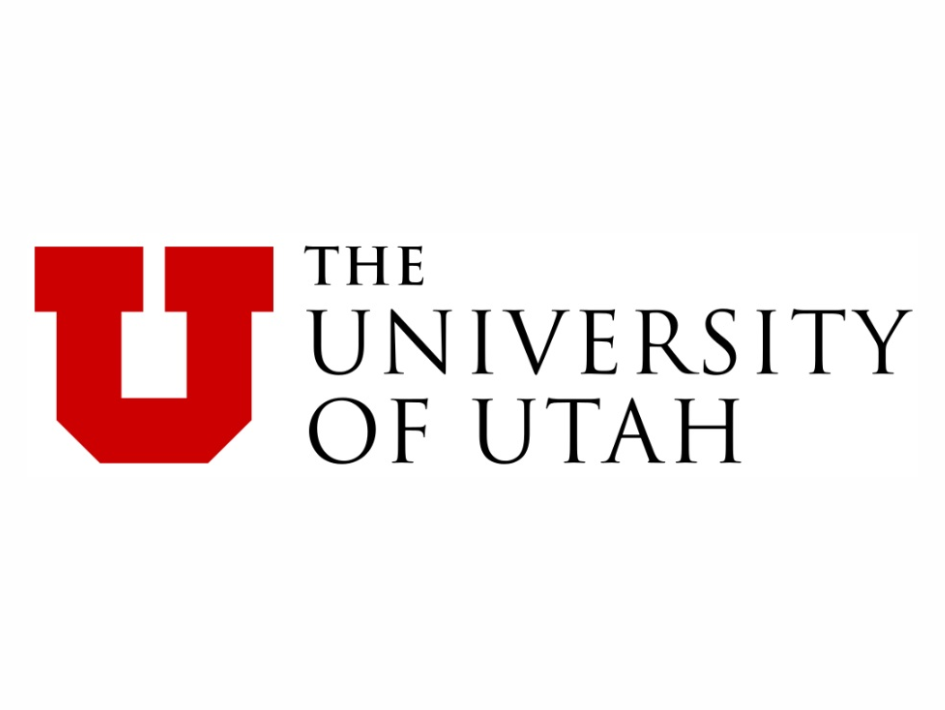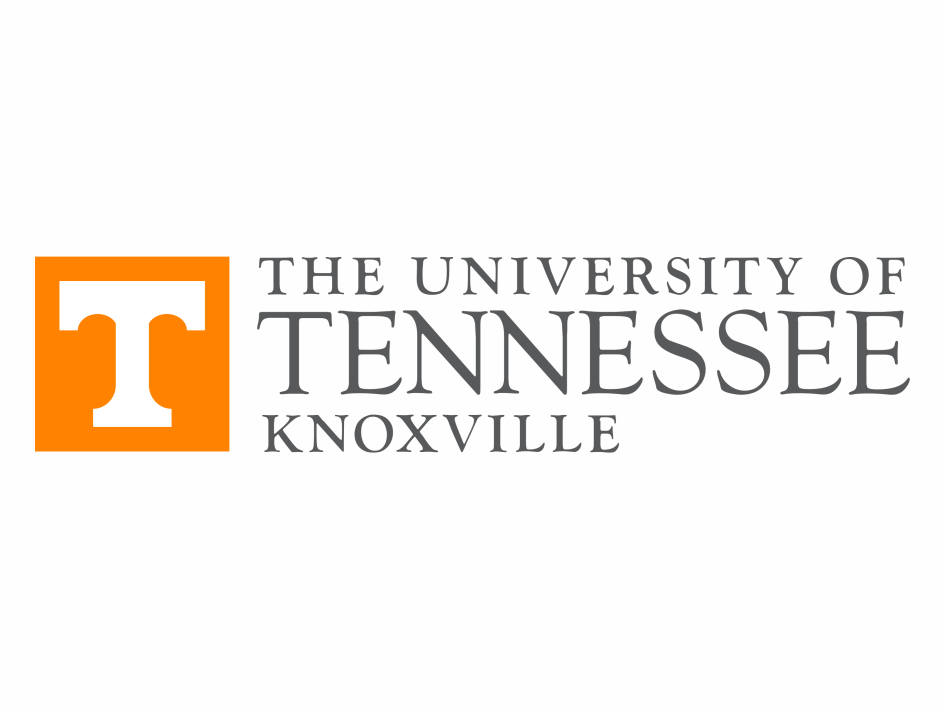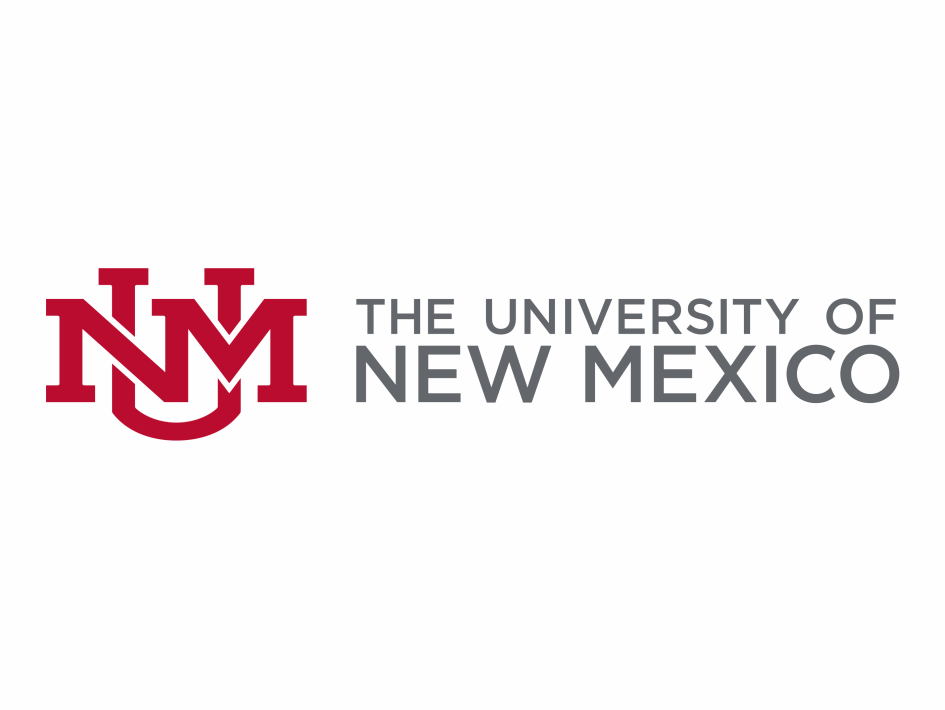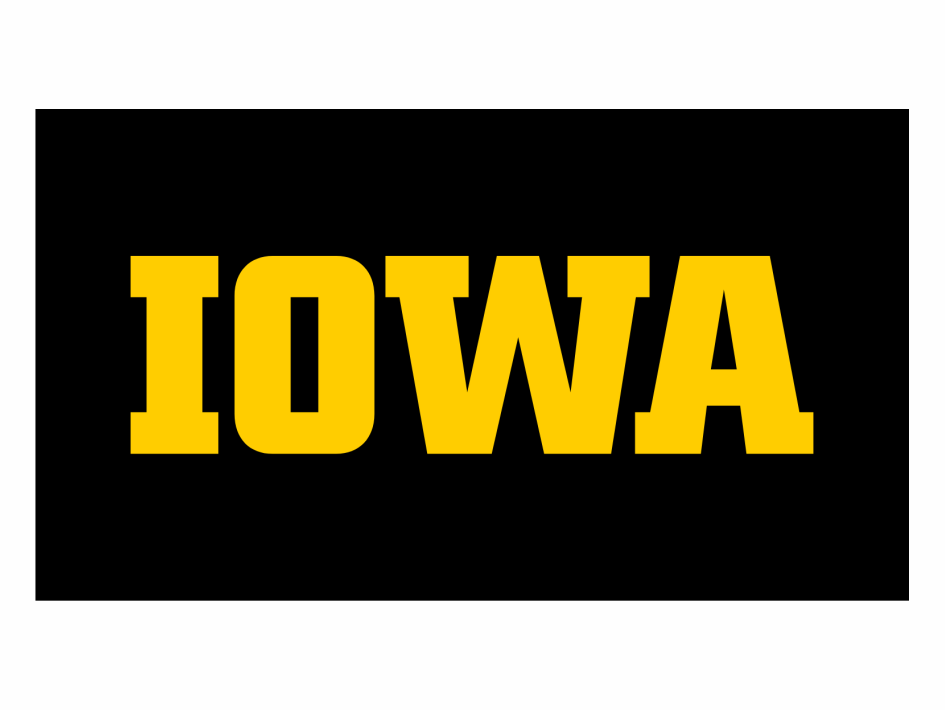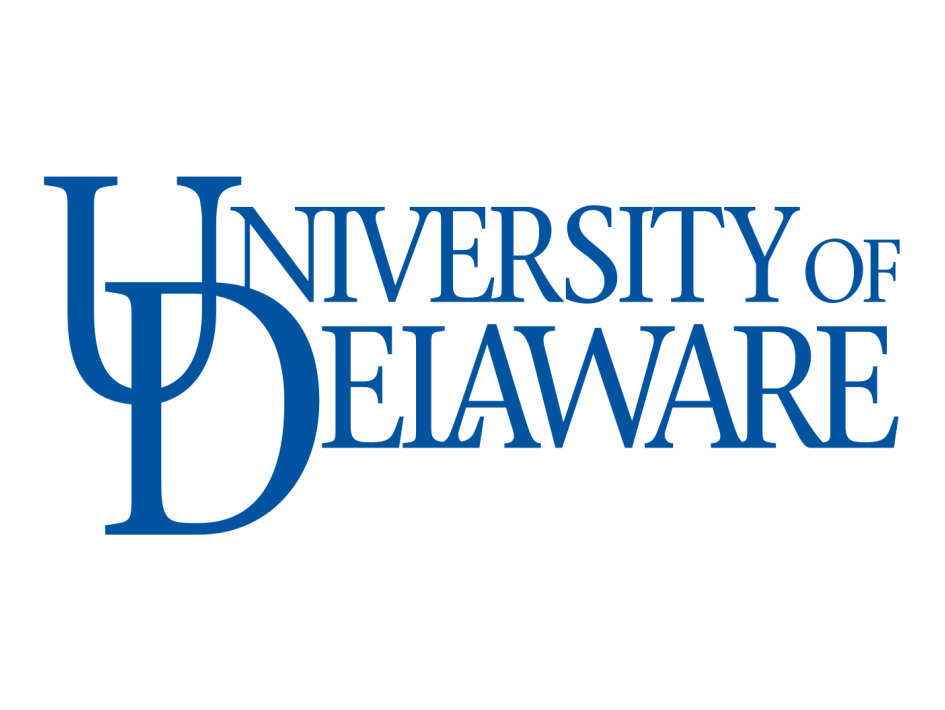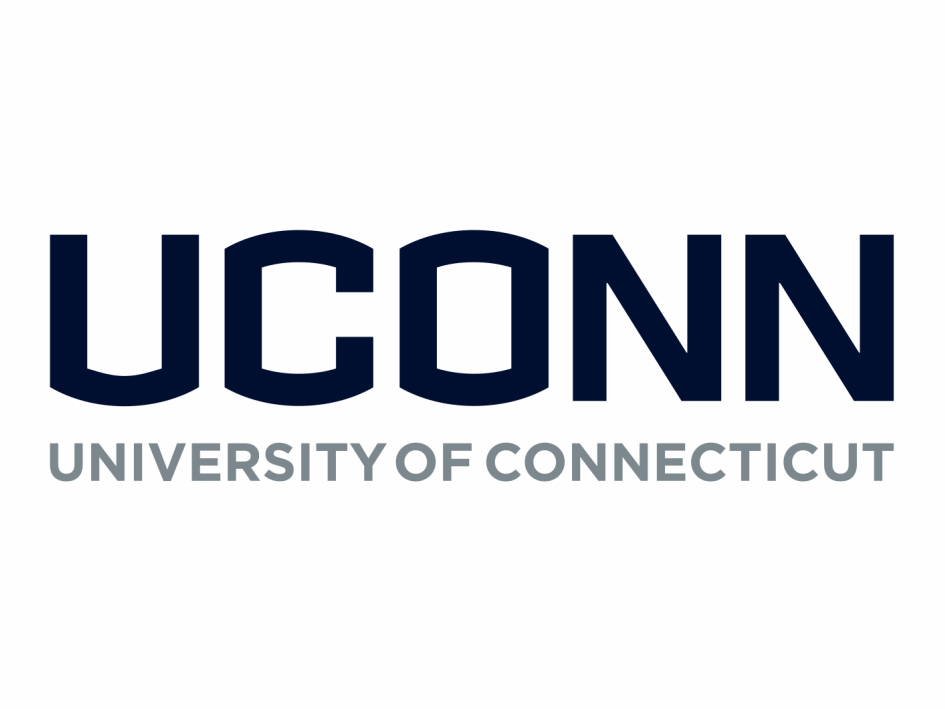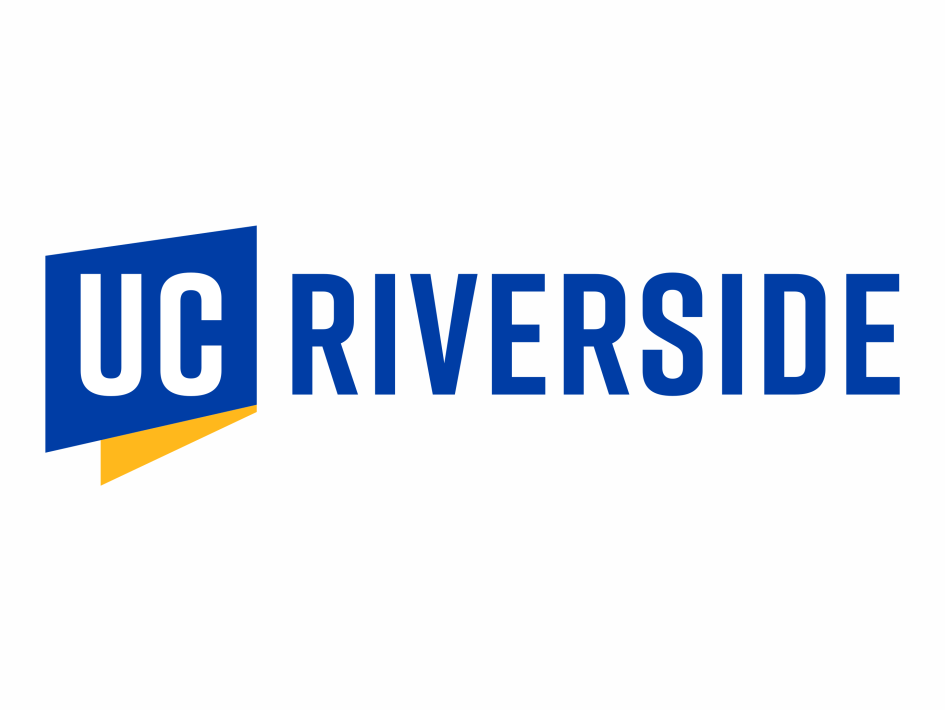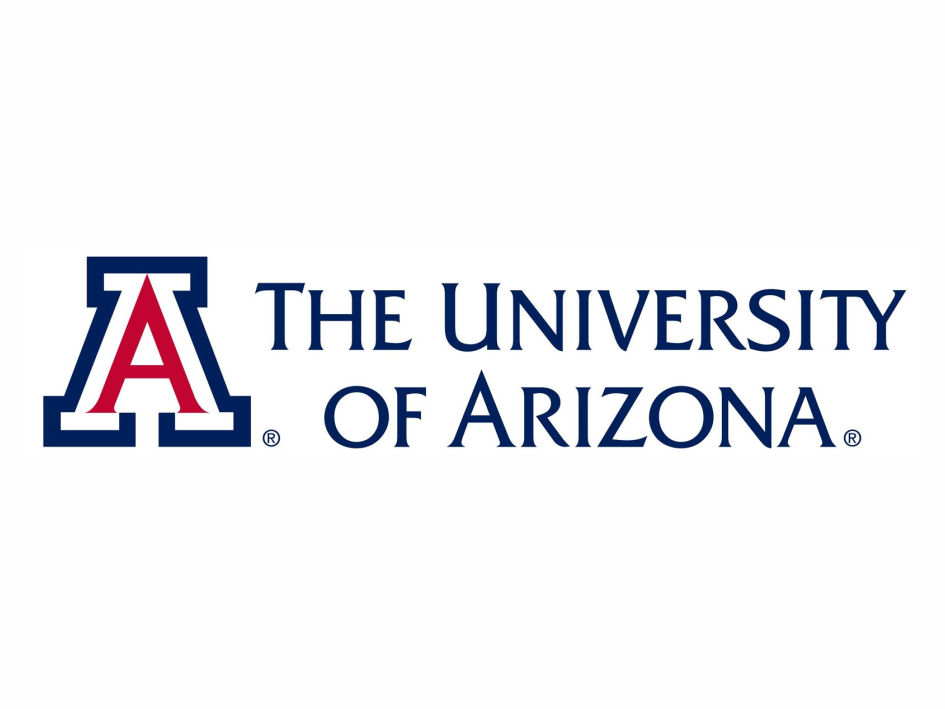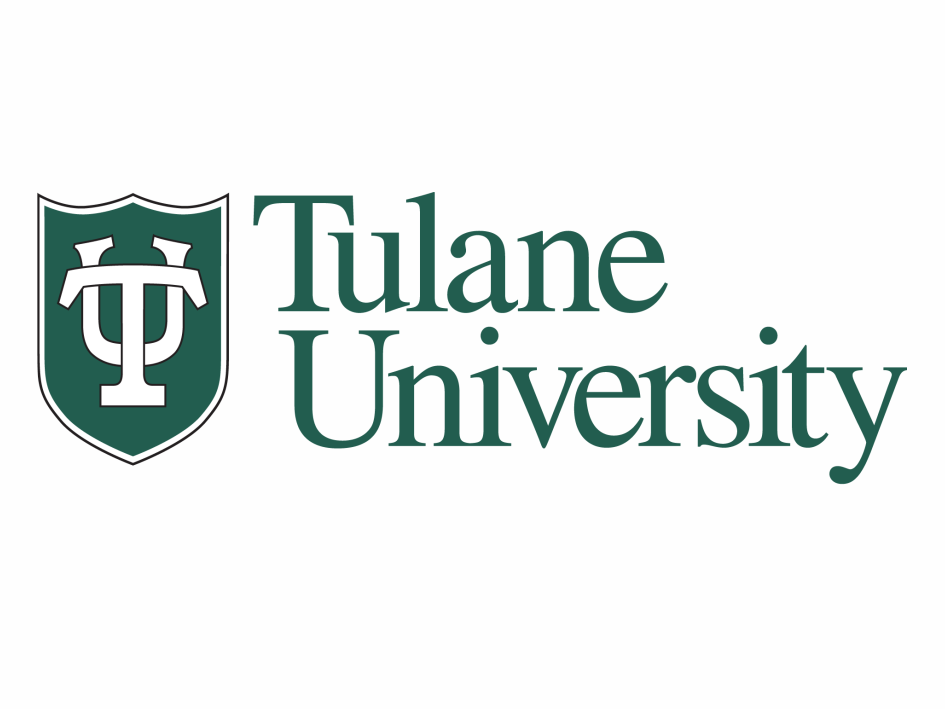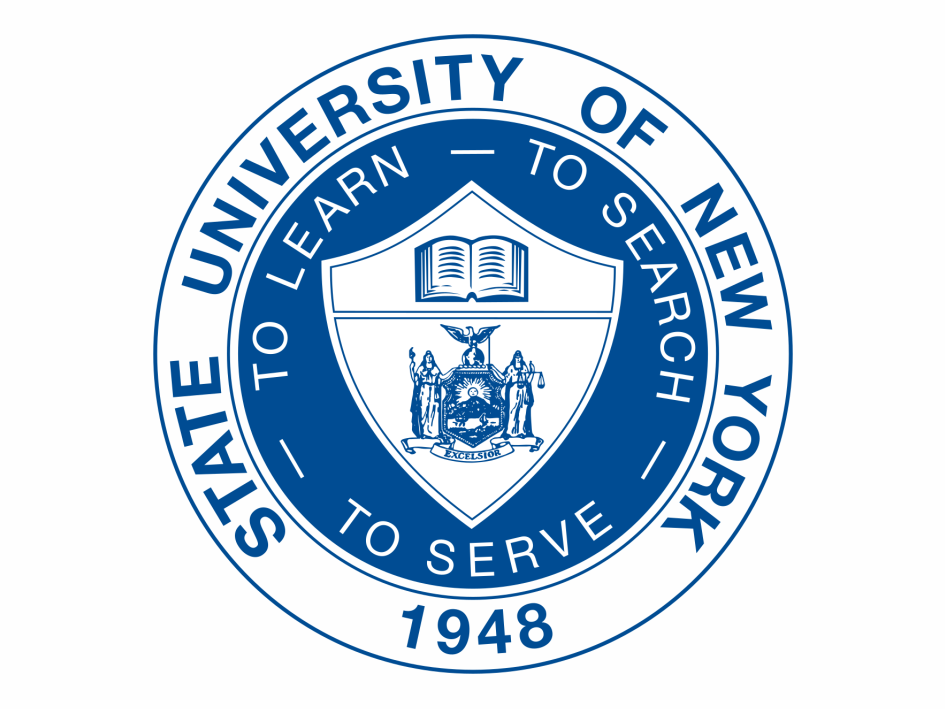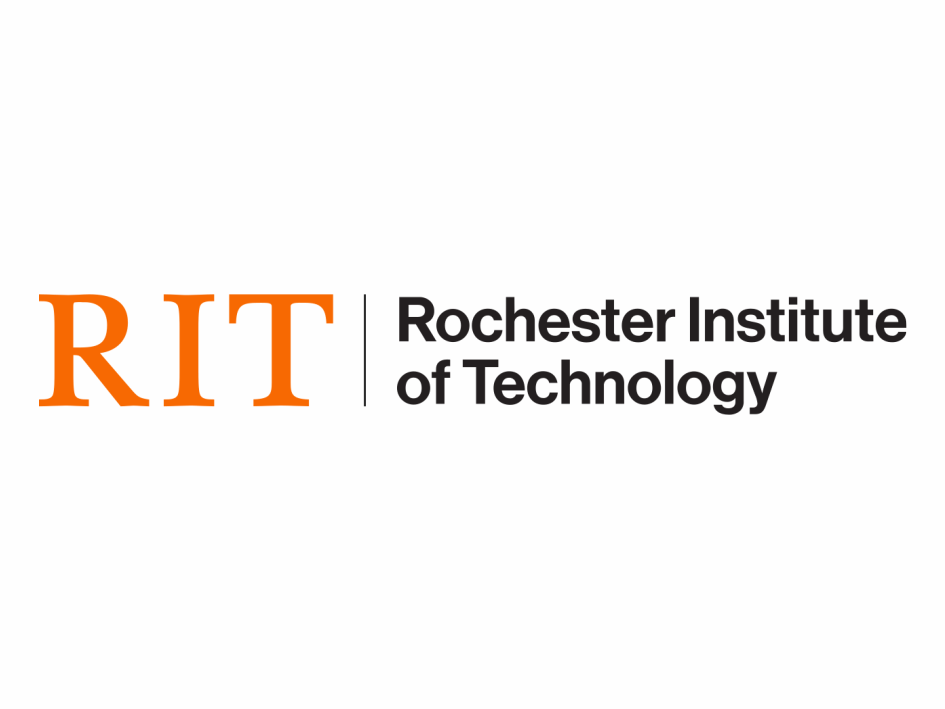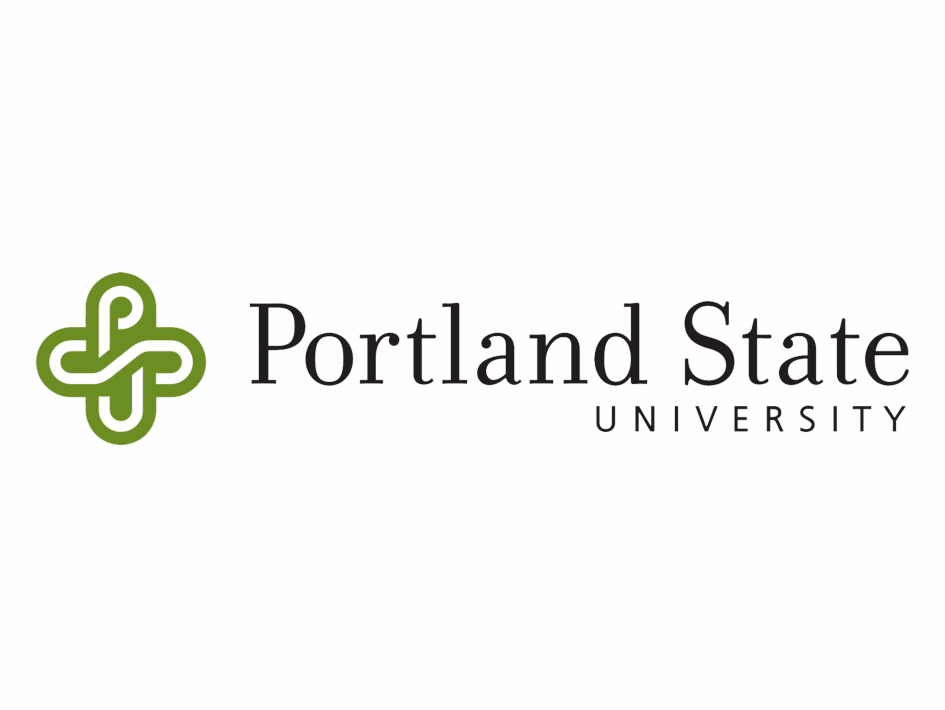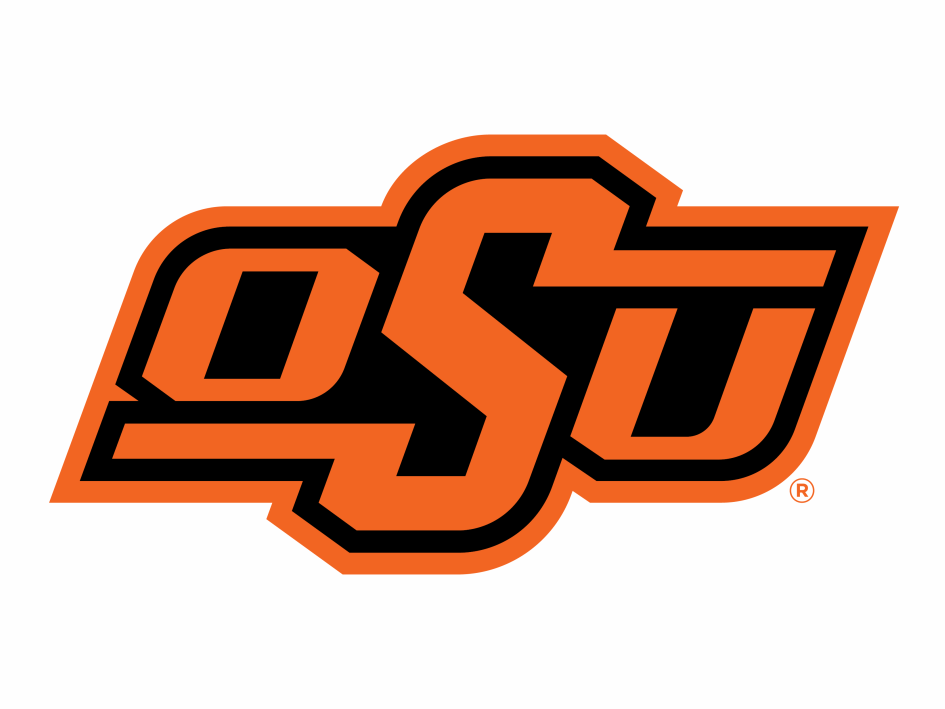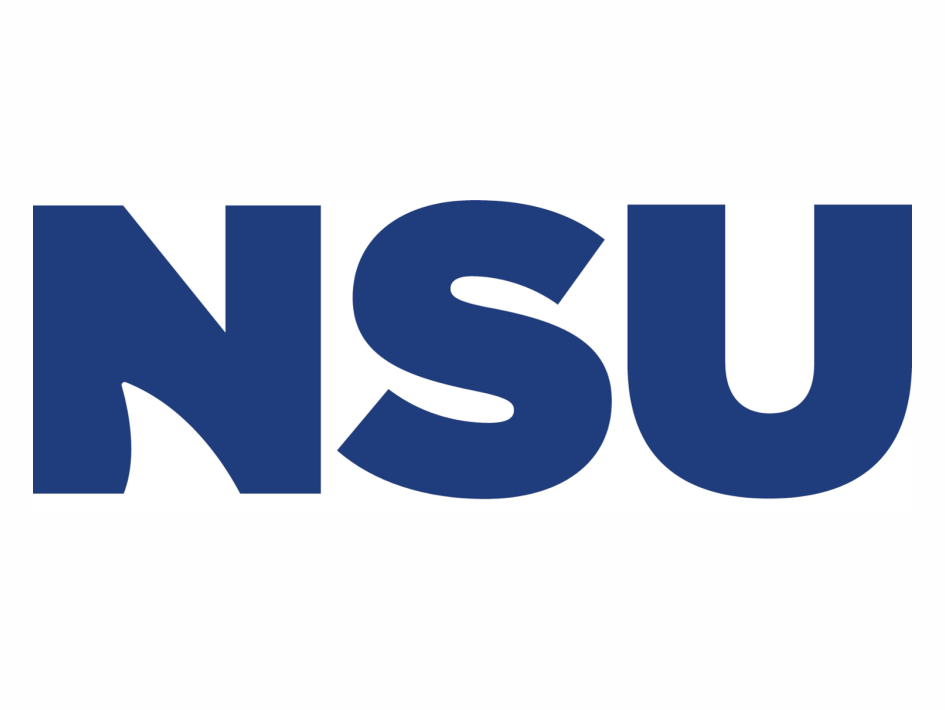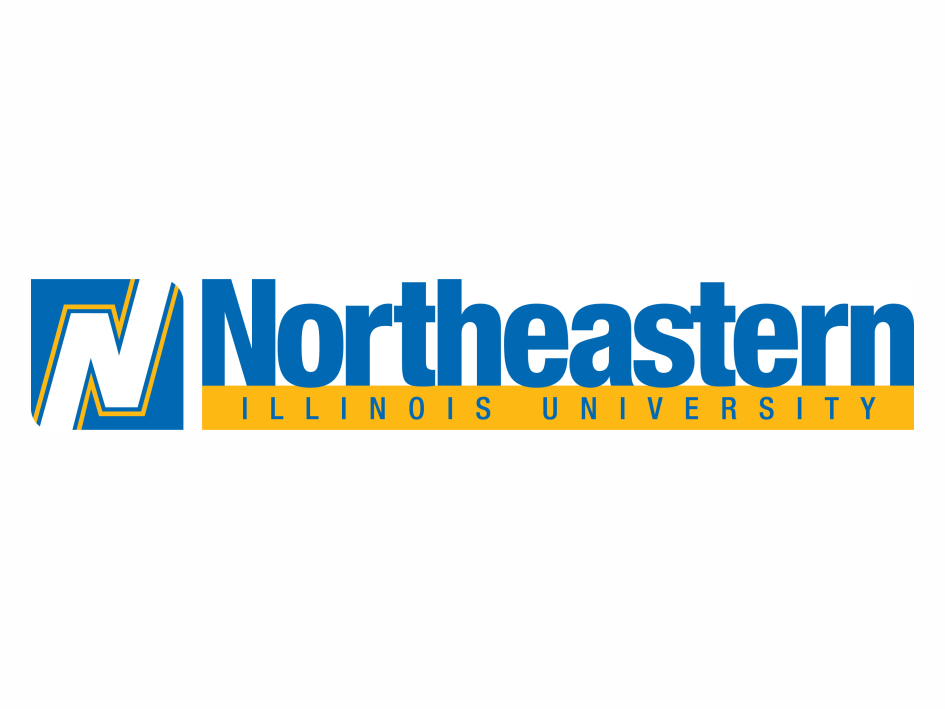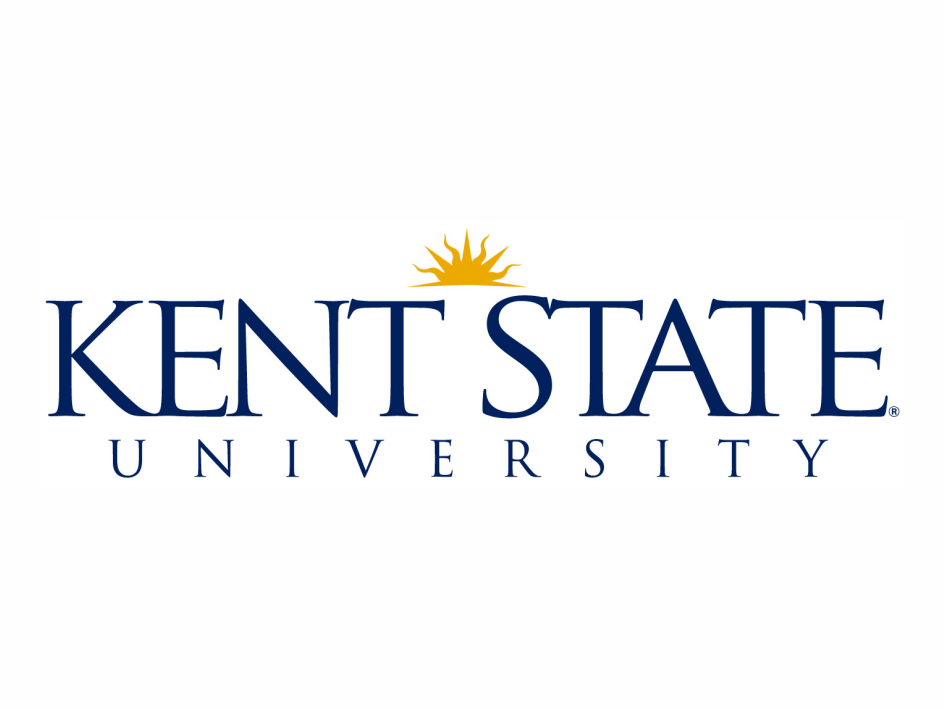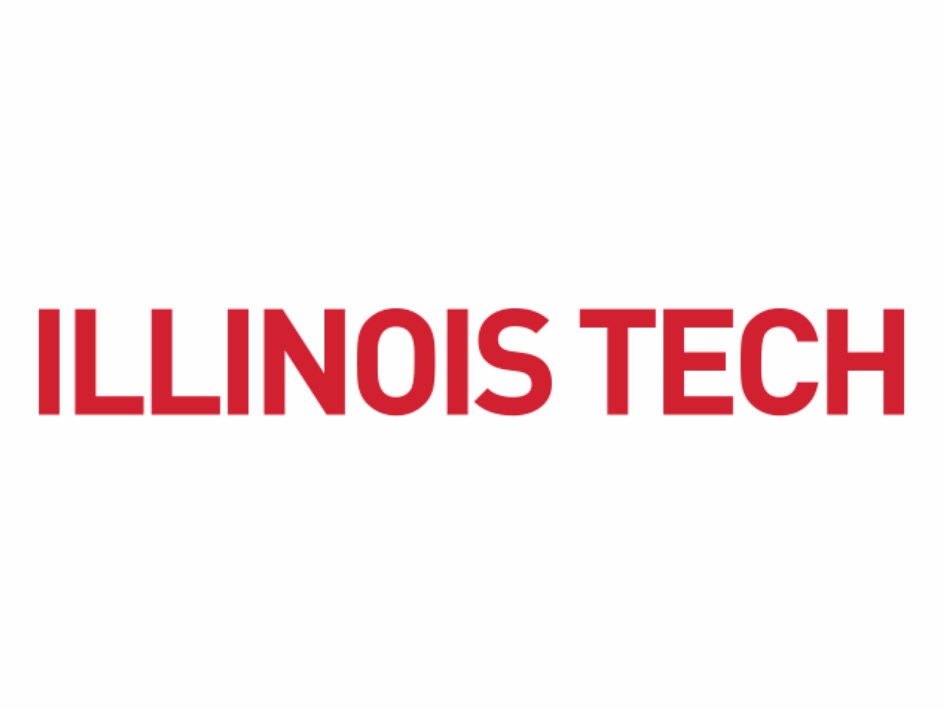MEET THE PROCESS
Following should serve as a quick way to explain how your workflow and process is going to happen.
01
EVALUATION
Think about which courses you are interested in, and if they will lead into your chosen career. Carefully research courses, institutions and their locations. Consider the areas of specialisation offered through different courses, and which specialisations will best suit your intended career path. Once you have decided on the best course, you need to find out which education providers offer it, and which provider best suits your requirements. You might like to consider the size of the campus, the available facilities and the support services available to international students.
APPLYING
Once you have chosen your course and education provider, it is time to apply. Check the entrance and English language requirements to make sure you are eligible. If not, you may have to consider a different course, or even bridging or foundation study, which may increase your chances. Contact your education provider and ask about their application requirements and application dates, as these will differ for each provider. Make a note of important deadlines and make sure you meet them. Remember to allow for postal times when sending forms by mail. International students usually apply directly to American institutions either by post or online. You can either download application forms from institute websites or request the forms to be posted. Another option is to contact an education agent or an overseas representative of the institution to which you are applying. Your application form will ask you which course(s) you are applying for and give you details of the documentation you need to supply. Most application forms require the following: personal details certified proof of your level of English language proficiency details of previous educational qualifications, such as academic transcripts course preferences (the course you are applying for) a summary of employment experience (if applicable). If you are still completing your education you can provide evidence of your most recent marks until it is possible to provide your final marks. If the documents you supply are not in English, you must provide an official certified translation. Most institutions charge a non-refundable application fee of around $50 to $100 that must be included with your application. Some institutions waive this fee if the application is made online. Before sending your application, check your visa requirements with your local American embassy to ensure you will qualify for a visa if your application is successful. If at any time in the application process you are uncertain how to proceed, don’t hesitate to contact your education provider. They are there to help you
02
03
PROCESSING
Once the education provider receives your application it will be assessed and you will be notified of the result. Be prepared to be patient as it may be a few weeks (longer for postgraduate applications) before your application is processed.
ACCEPTANCE
If your application is accepted you will receive a letter of offer and an acceptance form. Before accepting the offer, you should carefully read the letter of offer and check any conditions that may apply. Depending on your country of nationality you may be required to undergo a pre-visa assessment Interview before the institution issues you I-20. The I-20 is the only accepted evidence of enrollment for processing student visa applications. You may be required to pay tuition fees before applying for a student visa. The institution will advise you of its requirements but generally, it will require payment of at least Us$4000 to $5000of course fees
04
05
VISA LODGEMENT
Now that your education provider has accepted you, it is time to apply for your student visa. Please visit https://www.ustraveldocs.com/pk for online visa form filling and interview dates. As Your education provider will typically send you an admissions package, with information that will help you adjust to in the USA in your first couple of weeks. This might include information on your course, accommodation options, facts about the city you will live in, financial information and details about orientation programs.
